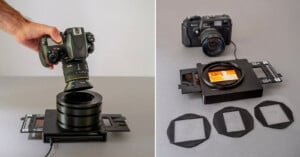
The BlackBox 120 Uses a Digital Camera To Scan Medium Format Film
A new film scanner has come onto the scene, courtesy of BlackScale Lab. The BlackBox 120 system makes it easy to use a camera to digitize medium format film.

A new film scanner has come onto the scene, courtesy of BlackScale Lab. The BlackBox 120 system makes it easy to use a camera to digitize medium format film.
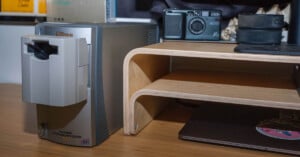
In this modern age, all of us film photographers need a way to bring a physical strip of film into the digital space. Whether you are just trying to post your images on social media or make an inkjet print, scanning is a necessity for most analog photographers.
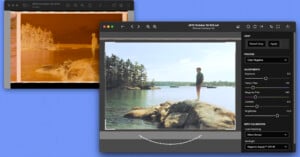
Develop and Fix, the developer of the FilmLab series of film digitizing software, has announced the latest generation of the platform: FilmLab 3. The company says that it introduces new versions of the scanning algorithms and is up to four times faster.
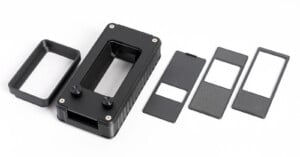
Negative Supply has announced the Basic Film Carrier 35 MK2, a significant upgrade over the company's original Basic Film Carrier 35.
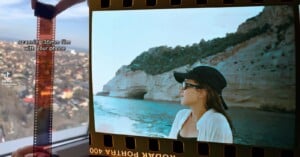
A photographer revealed how she ingeniously scanned 35mm film negatives with her smartphone.
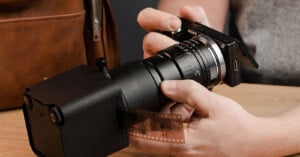
Valoi has announced the Valoi easy35 home film scanning system on IndieGoGo. Compared to the Valoi 360 announced in 2020, the easy35 features an all-new form factor and promises even easier and more accessible film scanning.
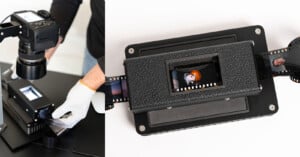
Negative Supply has announced the Light Source Mini, a follow-up of its original 4x5 Light Source Basic that is ideal for 35mm and 120 film and has been redesigned to output more light.
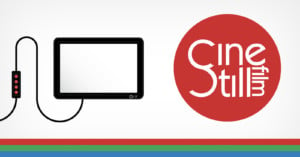
The CineStill CS-Lite is designed to provide film photographers with higher-quality light output and improved color management for scanning 35mm and medium format film with a digital camera.
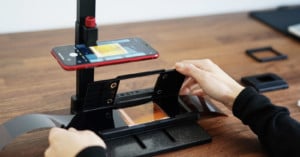
Lomography has announced two new film scanning kits -- The DigitaLIZA+ and DigitaLIZA Max -- that take advantage of either a digital camera or a smartphone to allow for a super-simple tabletop process.
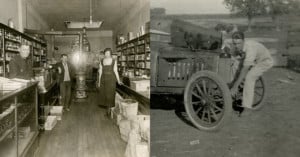
A Wyoming-based photographer has uncovered a large collection of family photographs taken throughout the 20th century and digitized them to reveal and preserve the everyday lives of past generations.
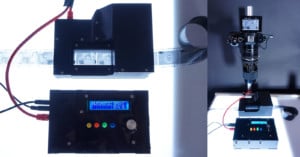
Cameradactyl camera maker Ethan Moses has announced the new Cameradactyl Mongoose, an automatic 35mm film carrier for people who want to quickly scan their film using a digital camera.
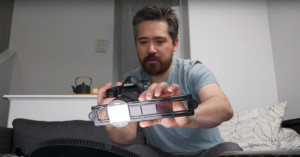
Chris Niccolls over at DPReview TV recently got a chance to try out Nikon's $140 ES-2 'Film Digitizing Adapter': a convenient attachment that works with Nikon's DSLRs to let you quickly and easily "scan" your old 35mm slides and negatives.
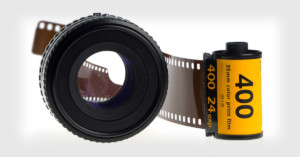
Since I first started camera scanning, I've always advocated using the highest resolution camera you can get ahold of. (My first camera scans were with the 1.3-megapixel Nikon E2n, so it's been a long road.) That advice is changing.
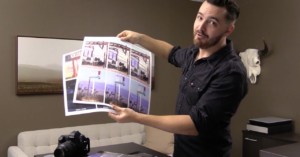
Film photographer, educator and YouTuber Nick Carver doesn't shoot digital, but he does scan his film for printing. So he recently embarked on an experiment to figure out which scanning technique is best: drum scanning, fluid mount flatbed scanning, or scanning your film using a DSLR and macro lens.
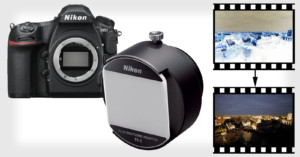
Nikon's new D850 is more than a fast and powerful full-frame DSLR -- it can double as a 45.7-megapixel film scanner as well. It's the first Nikon camera to feature a new built-in Negative Digitizing feature. To use it, you'll also need the new Nikon ES-2 Film Digitizing Adapter.
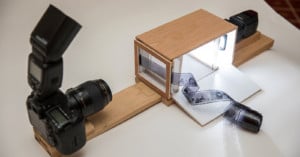
Shooting film is fun and developing film is fun, but tediously scanning film is not fun... so I built myself a film-digitizing light box to be used with a flash and a 1:1 macro lens.
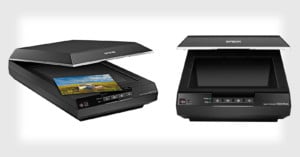
Scanning film is probably the least attractive part of shooting film, but that doesn't mean you should neglect this stage. Nowadays, we all want to share our analog images online, and the only way to do that is by digitizing our negatives one way or another.
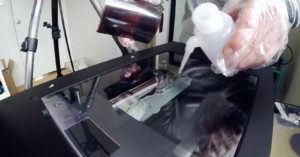
Getting high quality film scans usually means taking your film to a local lab or sending it to a not-so-local one if there's not a lab nearby. But there is a way to get high-quality scans done in the comfort of your own home using a flat bed film scanner; it's called wet mount scanning.
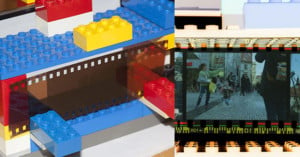
Want to scan some film but don't have a scanner handy? You can actually do some high quality digitization using some LEGO blocks, a smartphone or tablet, and a camera with decent resolution. Filmmaker Zachary Antell uses a method using those components, and his results are pretty impressive.
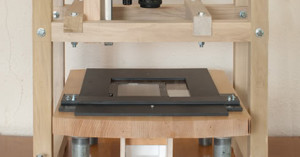
Consumer film scanners don't provide enough detail, and professional models require too much money and pampering. What's a dedicated film nerd to do? For Peter De Smidt, the answer was to build his own high-res scanner using the Nikon D600 and 50mm Micro lens he already had on hand, a bit of lumber and a lot of patience.
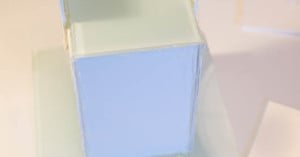
More and more photographers are attempting to build their own DIY lightboxes these days as they look for ways to easily digitize their film at home using a digital camera. However, a common problem that plagues these lightboxes is vignetting -- lighting is uneven and shadows form gradients near the edges of the surface.
Photographer Rafał Nitychoruk of Gdynia, Poland tells us that he has solved the problem with his own custom lightbox. The trick? Make your lightbox short, and stack multiple layers of glass.
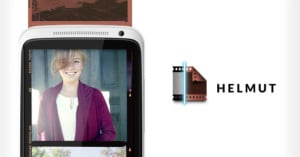
Photographer and software developer Kostas Rutkauskas has launched a new mobile app called Helmut. Designed for Android, it's a film scanning app that lets you digitize your old film strips quickly and on the cheap.
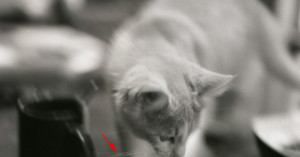
The Nikon Coolscan 9000ED scanner is an excellent scanner. The included holders are of a very good standard and many extremely useful and high quality optional holders are available. None of them, however, are cheap.
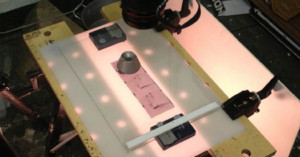
With the cost of my local neg scanner in London being £40/hour for a Hasselblad Flextight, I have been digitising using a DSLR for a quite a while. The results can be extremely good as long as a little time is put into the setup to begin with.
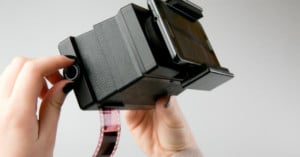
Lomography (the movement) has been called many things, including "analog Instagram;" but regardless of how you feel about the movement or the company that bears its name, it seems that Lomography (the company) has been one of the driving forces keeping film photography alive and interesting for the masses.
The company's newest project, up for your pledging pleasure on Kickstarter, is the Smartphone Film Scanner. It's exactly what it sounds like: an attachment that allows you to photographically scan your 35mm film using your phone.
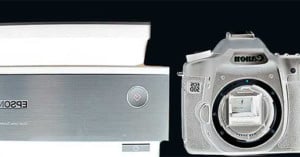
If you shoot film and aren't much into chemicals (or don’t have a basement in which to keep a gigantic 5×7″ enlarger), you’ll soon find yourself needing a way to import those beautiful pictures you’ve taken onto your computer. What? Why didn’t I say, “you'll need a scanner”? After all, it’s not 1987 anymore -- scanners are as common as toaster ovens.